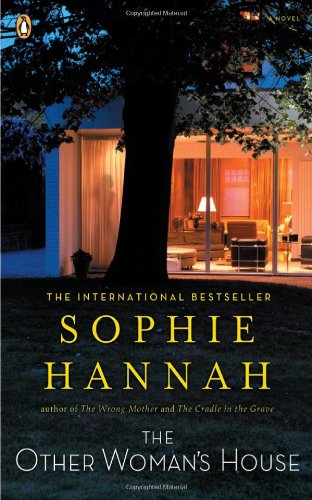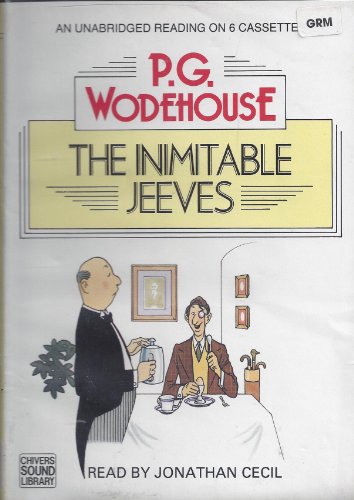[amazon_link id=”1250016843″ target=”_blank” container=”” container_class=”” ] [/amazon_link]Title : The Caretaker
[/amazon_link]Title : The Caretaker
Author : A.X.Ahmad
Genre : Thriller
Publisher : Minotaur Books (St. Martin’s Press)
Pages : 304
Source : Netgalley/Publisher ARC
Rating : 3.5/5
Instead of the bookish, intellectual characters that we see in diaspora stories, “The Caretaker” has as its protagonist a desi Jason Bourne like agent. Ranjit Singh is a Sardar (Sikh). He was a Captain in the Indian Army, an able and brave man in charge of a mission. When the mission goes awry and Ranjit is persona-non-grata he escapes to the US, where he is reduced to doing low-income manual labor to sustain his family. Having been at the mercy of a relative who uses Ranjit as a form of cheap labor, he has since come to Martha’s Vineyard where he does general landscaping and caretaking for the rich folk of the island.
One of his employers is Senator Neals, a man highly regarded in political circles. Neals’ wife Anna appears to be a forlorn woman laboring under a secret sorrow. When there is a breakin at the Neals’ home, and Ranjit curiously becomes the target, he is willy-nilly pulled into the mystery. The enemy isn’t pulling any punches, because it is not just Ranjit’s life at risk, but also that of his wife Preetam’s and their little daughter Shanti’s.
This is the author’s first book, and I have to say he does a fine job at this genre. The book is fast-paced and action-packed; there is always something happening. The narrative runs in two parallel tracks – one in the present, and the other in the past as seen from Ranjit’s point-of-view. The action is split between Ranjit’s mission at the India-Pakistan border, and chases in Boston and at Martha’s Vineyard.
Ranjit takes a deep breath and runs again, ducking into a side alley. It turns and twists, and soon he is completely disoriented, the blond man’s footfalls right behind him. Slowing to look over his shoulder, he skids on a patch of ice and his feet slip under him. He falls, and the blond man catches up. A fist jits out, knocking off Ranjit’s baseball cap, and fingers like talons sink deep into his topknot, grabbing his hair. The hard muzzle of a gun jams into the back of his neck.
“Enough of this bullshit.”
Descriptions are succinct, but give us a good flavor for the locales and the people. The plot is believable and most characters well-delineated. I wish that the Anna Neals angle (motives/backstory) had been better fleshed out, and Ranjit’s wife Preetam’s character had been better defined; she seemed curiously unable to adapt in spite of being a “city-girl”, Convent-school educated and well-versed in English.
Ranjit himself is a conflicted man, running away from a past life and trying to come to terms with his present. He is in a hard place and one cannot help but feel sympathy for him. This sympathy though, is tempered with distaste at his marital infidelity and apparent lack of remorse at his actions. He is a flawed hero, duty-bound to protecting his family and his distraught wife, but wanting companionship from another woman.
This book explores some immigrant issues like Ranjit’s wife’s inability to settle down, his issues with feeling like an outsider with his long beard and turban, and the general desperation of new-comers trying to come to terms with a very different culture. It was quite a novelty to read a book with a Sikh hero, each chapter prefaced with teachings from the Guru Granth Sahib (Holy Book of the Sikhs). “The Caretaker” works well as a thriller, and is worth the read. This book is the first in a trilogy, so I’m hoping that the author can tone down Ranjit’s character flaws so we can root for him strongly.
 [/amazon_link]Title : Over the Edge
[/amazon_link]Title : Over the Edge [/amazon_link]Title : The Other Woman’s House
[/amazon_link]Title : The Other Woman’s House [/amazon_link]Title : The Hope Factory
[/amazon_link]Title : The Hope Factory [/amazon_link]Although my foray into audio-books started as an attempt to make my walks more interesting and to tempt me to go walking even, I have to say that I am hooked. And for that I credit the narrators. I’ve been lucky enough to listen to three of the best, Frederick Davidson in my first book, Nadia May in the second and Caroline Seymour in the third. I’m currently on a Jane Austen bender, having listened to Persuasion , Pride and Prejudice and “Sense and Sensibility”.
[/amazon_link]Although my foray into audio-books started as an attempt to make my walks more interesting and to tempt me to go walking even, I have to say that I am hooked. And for that I credit the narrators. I’ve been lucky enough to listen to three of the best, Frederick Davidson in my first book, Nadia May in the second and Caroline Seymour in the third. I’m currently on a Jane Austen bender, having listened to Persuasion , Pride and Prejudice and “Sense and Sensibility”.
 [/amazon_link]Title : The House at the End of Hope Street
[/amazon_link]Title : The House at the End of Hope Street [/amazon_link]-
[/amazon_link]-  [/amazon_link]-
[/amazon_link]-  [/amazon_link]-
[/amazon_link]-  [/amazon_link]Rating : 4/5
[/amazon_link]Rating : 4/5

